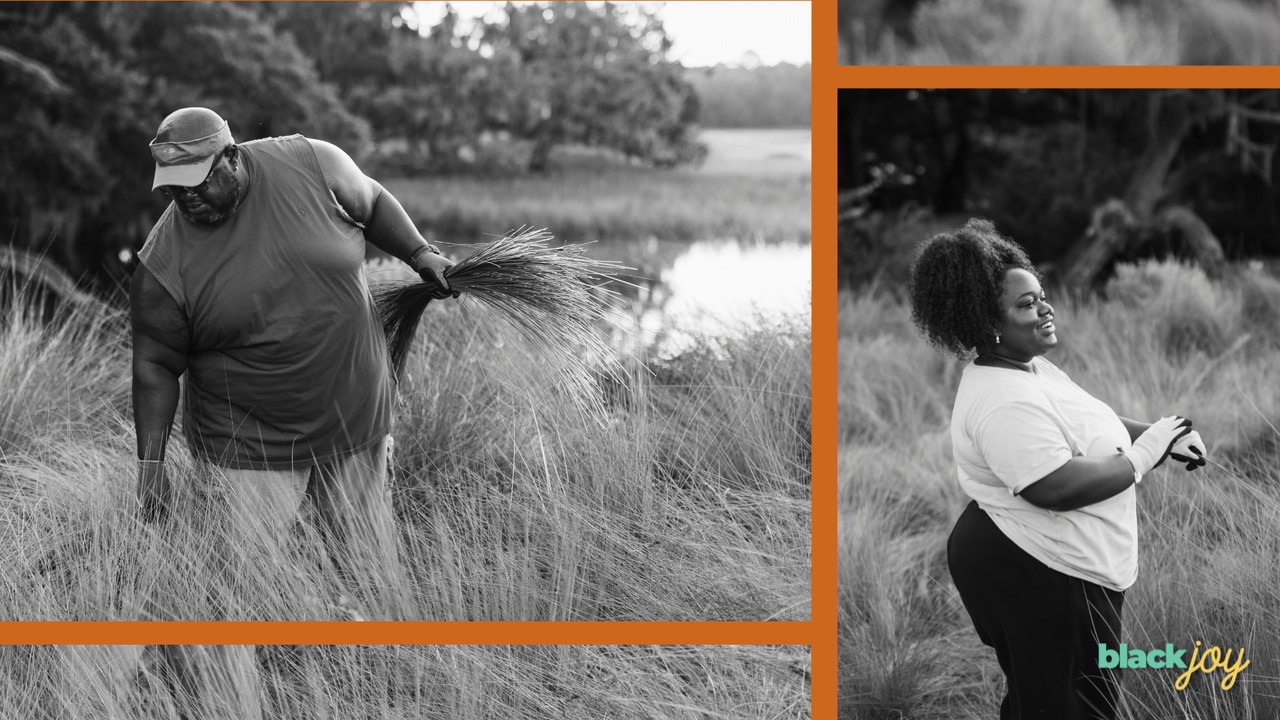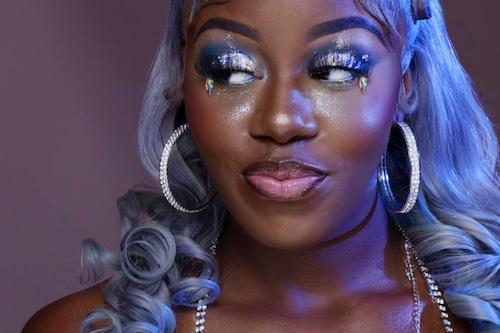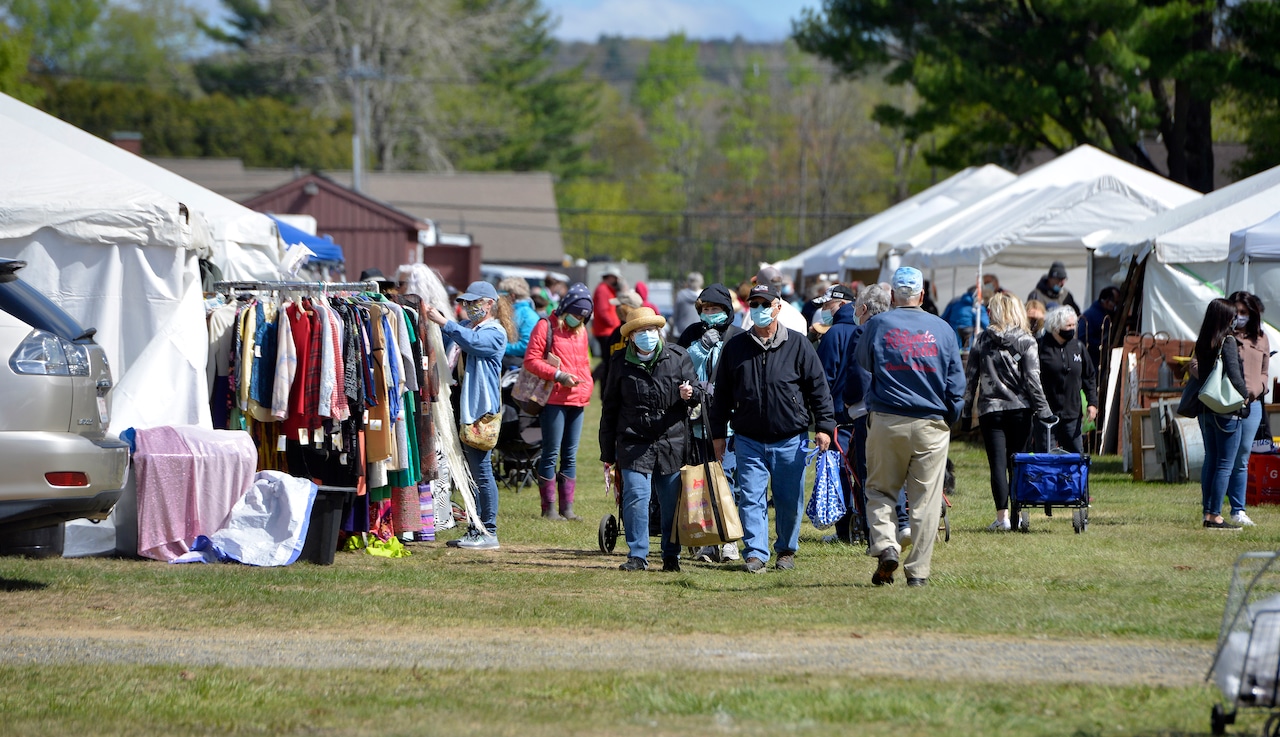Dispersed along the southern Atlantic coastline, the kin of enslaved Africans are preserving a powerful lineage.
It’s a mission the Gullah Geechee people hold with pride. Their ancestors, stolen from West African tribes, were forced to labor on the indigo, rice and cotton plantations in Florida, Georgia and the Carolinas. But the methods they used to conserve their African traditions have enriched American life. The hand-clapping, foot-stomping ring shouts that filled the praise houses of the enslaved echo in today’s Gospel hits. Shrimp and grits and other Southern staples are seasoned with Gullah Geechee’s influence. Textile arts, like basket weaving and quilting, that produced necessary tools and clothing for the enslaved are revered in museums across the globe.
Corey Alston has made a career out of honoring his roots in Mount Pleasant, S.C. His family-run business, All Things Gullah, exposes people to the tastes, smells, music and arts of his heritage.
“I’m a 100 percent cultural man,” Alston said. “My heritage is not a second job or a backburner career. Everything we do is preserving, protecting and keeping the culture alive.”
Alston is most known for his passion as a fifth-generation sweetgrass basket weaver. During the 17th century, the enslaved cultivated the pliable, long-bladed sweetgrass that sprouts along the coastline to make fanner baskets for rice production. That craftsmanship has evolved into a treasured artform passed down from parents to their children.
Alston’s baskets, which range from small bowls to elaborate pieces named “Papa and Big Momma” are displayed in multiple galleries and private collections, including the Smithsonian American Art Museum and Acres of Ancestry’s traveling art exhibit. Alston calls the sweetgrass baskets American artifacts exemplifying the creativity and resiliency of the Gullah Geechee people.
“A part of the joy is to be able to say that my ancestors were forced to make these tools to do these enslaved jobs. Now, we’re making these same tools and we’re reaping the benefits from people who want to collect these historic pieces of art,” Alston said. “Talk about a flip. That’s a flip.”
The beginning of Alston’s basket weaving journey is part dedication to his community and part love story. Shortly after graduating high school, Alston met a young lady named Karen Habersham who he clicked with personally and culturally — they grew up in the same Gullah Geechee town. Habersham was part of a family of four generations of women nurturing each other’s basket weaving skills, and Alston was welcomed into the circle to learn a thing or two about the artform. Alston remained a dedicated student of the craft even after he married Karen in 2002. He credits his wife and his in-laws for the skills that led to the success of his career today.
“I would not be Corey Sweetgrass Basket Weaver if it wasn’t for Karen Habersham,” Alston said.
Becoming a full-time artisan for the culture came with some risks. After marrying his wife and having his first daughter, Alston was providing for his young family by working at an oil company. When the business sold in 2005, Alston was offered a position at another location about four hours away from Mt. Pleasant in Charlotte, N.C.
Alston was satisfied with the security of a $20-an-hour pay, 401k plan and medical benefits. But his mother-in-law persuaded him to reconsider. He was Gullah Geechee after all and he was getting better at his artistry. Why venture far off from his roots? She suggested Alston spend a day at the Charleston City Market, where the Habersham family has owned a business since the 1970s.
Alston took his mother-in-law’s advice by helping his sister-in-law, Carlene Habersham, at the market. There he discovered his love of connecting with people and getting to know their stories. The experience was so influential, he marched to his job the same week to tell his supervisors he wasn’t moving anywhere. Instead, he was going to take the company’s severance package so he could align himself to his true purpose: preserving his heritage.
“They thought I’d lost my mind,” Alston said. “But I don’t think that was my true potential. I know that’s what God really wanted me to do because he’s blessed me so much in this cultural career that I’m in.”
The same year, the matriarchs of Karen’s family gave Alston their blessing to run the family business along with his sister-in-law. This is fitting considering the evolution of sweetgrass basket weaving. Alston said the first weavers were African men who made baskets for their village.
But that role changed during enslavement as enslaved men were forced to do harsh manual labor such as plowing the land and making bricks. Enslaved women kept the artform alive both culturally and economically. Mothers passed down their heirlooms of knowledge to their daughters, which is a tradition that is held to this day. Gullah Geechee women in Mount Pleasant seized an opportunity following the 1929 opening of the Grace Memorial Bridge, which connected the town to Charleston. Basket weavers such as Lottie “Winee ” Moultrie Swinton and Lydia Spann Graddick set up chairs to sell “show baskets” to those traveling along U.S. Highway 17. Their efforts would be the beginnings of a roadside marketplace now called Sweetgrass Basket Makers Highway, where Gullah Geechee families make and sell relics of their history from wooden stands.
“So we want to give all the credit to women for teaching this skill from mother to daughter for so many generations because if it wasn’t for the ladies, then [basket weaving] wouldn’t be what it is today,” Alston said.
Which is why Alston continues to honor Black women in this work. Alston’s 16 and 21-year-old daughters have been weaving baskets since they were about seven years old, which is the tradition in the Gullah Geechee culture. Alston’s oldest daughter harvests sweetgrass alongside her dad. He makes sure to display baskets crafted by the hands of his mother-in-law, his wife and his wife’s aunts.
“We use the term ‘forefathers,’ but we never say our foremothers,” Alston said. “So, I give all the respect to the foremothers who have kept this skill alive because you know, I would not be who I am. If it wasn’t for ladies.”

Corey Alston and his eldest daughter harvest materials to weave sweetgrass baskets.





